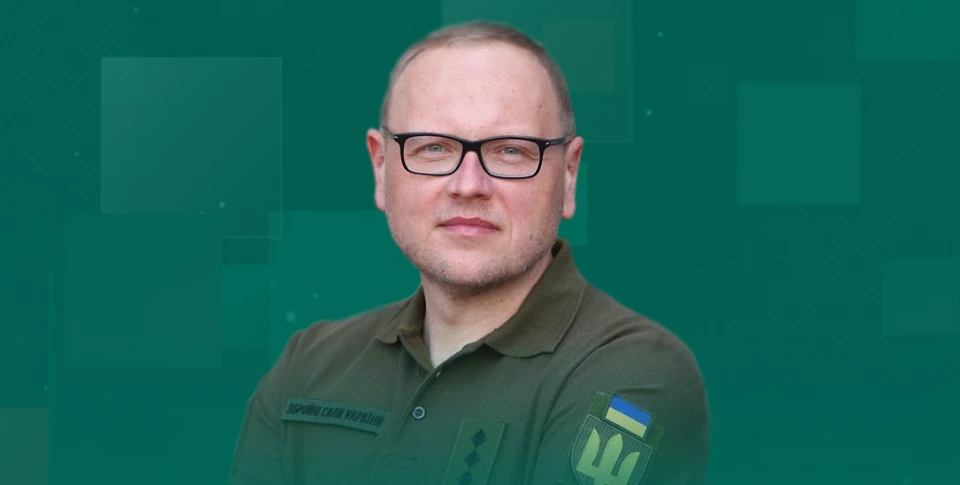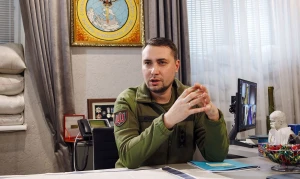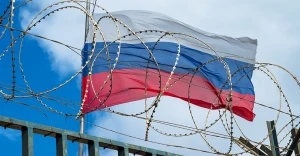
Russia needs talks on a "quick peace"
From conversations with many of my peers, it’s clear that public discourse about a "quick peace" has a seriously negative effect on the morale and psychological state of the Ukrainian army
From the first days of the full-scale war, such discussions have had damaging consequences for both society and the military. Back then, just as now, the belief in a simple and quick end to the war undermines motivation for Ukrainians both on the front lines and at home.
It’s highly likely that the push for "quick peace" in the information space is a carefully planned operation by the Russian services.
At this stage of the war, Russia doesn’t want peace. What they want is to spark debate among Ukrainians about peace. Even if negotiations were to start, the Russians would deliberately drag them out, all while continuing hostilities to weaken Ukraine's ability to fight back. Just think of the Minsk agreements — those talks were valuable to Russia simply because they kept the war going while stalling in endless, unproductive discussions about peace that was falsely promised as quick and easy.
The key sign of genuine peace talks with Moscow will be an end to hostilities. First, the Russians must stop the fighting, then peace talks can begin — not the other way around. Real negotiations will only happen when Russia is no longer capable of continuing the war.
About the author: Mykhailo Basarab, political scientist.
The editorial staff does not always share the opinions expressed by the blog authors.
- News













































